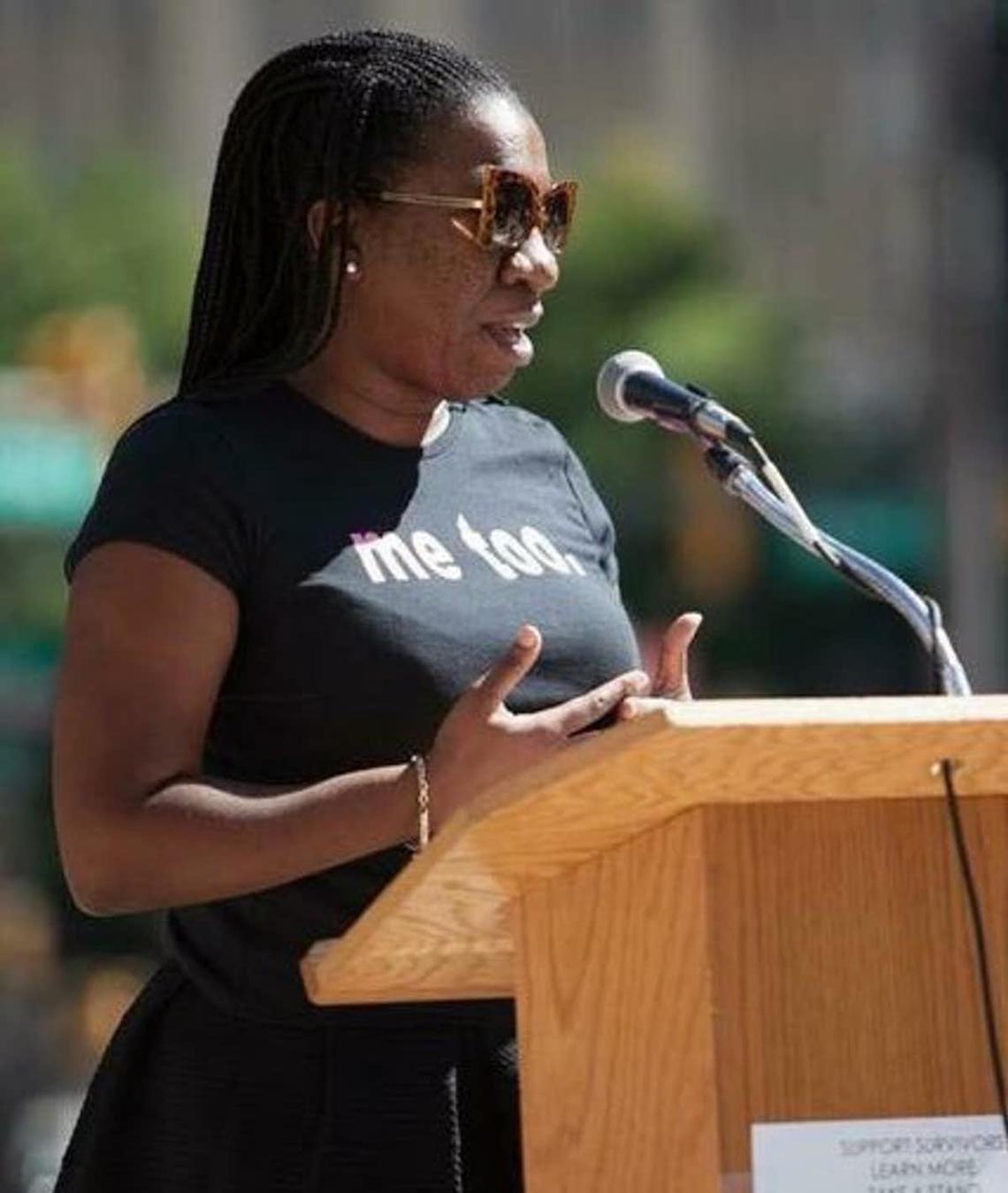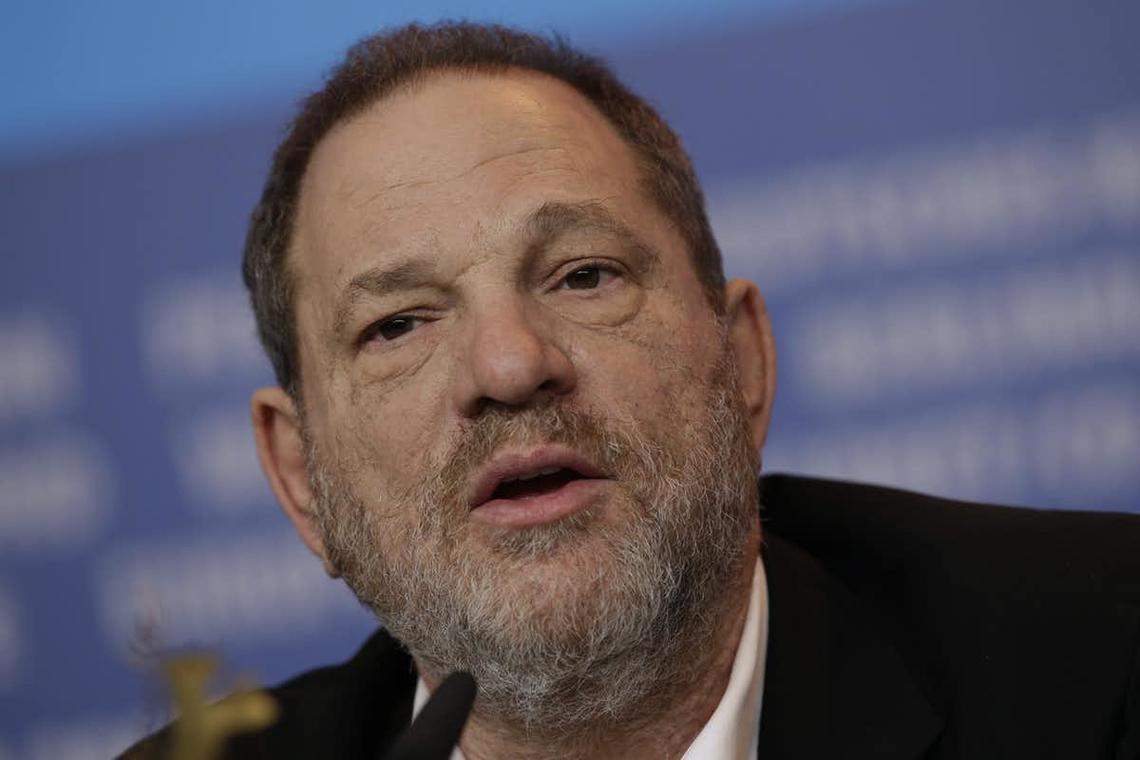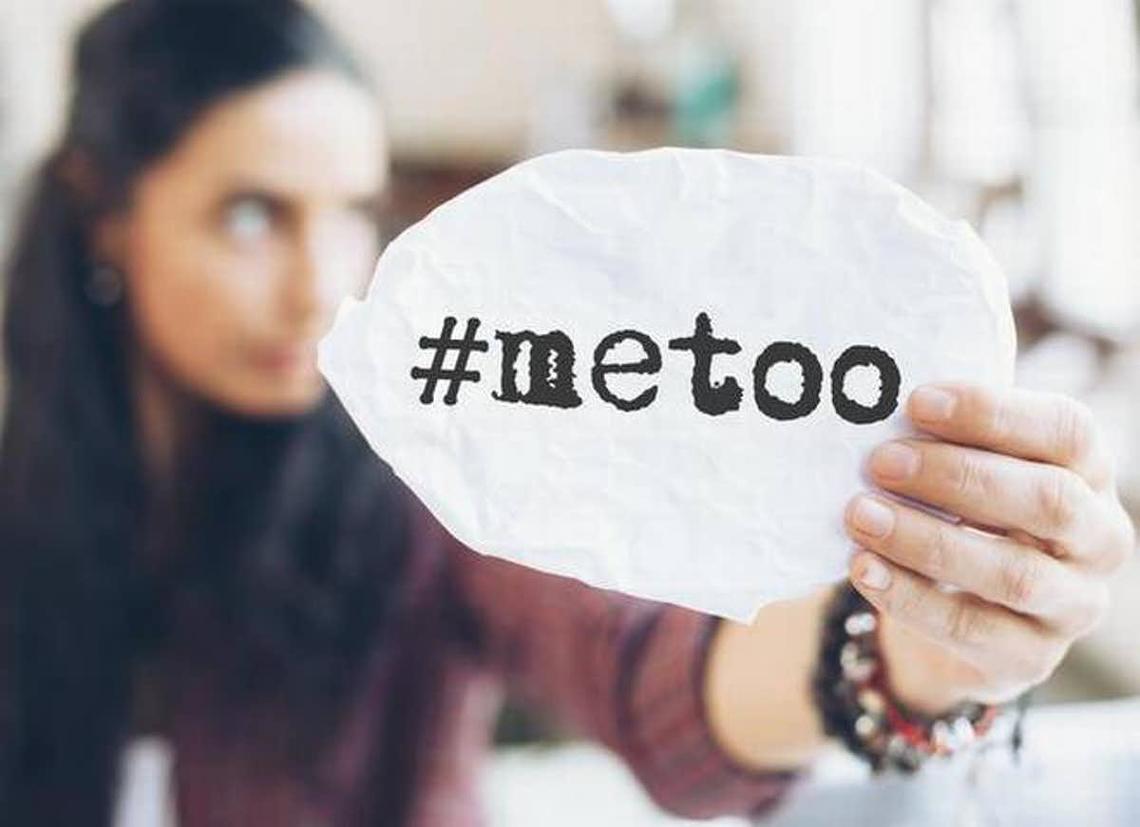Oct. 24, 2017
#MeToo campaign brings conversation of rape to the mainstream

The first #MeToo appeared unexpectedly in my Facebook feed about 10 days ago, a digital response by girls and women to the allegations of sexual harassment and violence against Hollywood producer Harvey Weinstein. Using the #MeToo hashtag, girls and women publicly identified that they too have experienced sexual assault.
Soon, my social media accounts were flooded with the hashtag and accompanying stories of sexual harassment and violence that seemed to mark the lives of nearly all of my female friends and acquaintances. According to the Associated Press, the hashtag was shared in more than 12 million Facebook posts and reactions in the first 24 hours.
I am still moved by these stories, despite having spent the past three years studying similar testimonials with my co-researchers — Kaitlynn Mendes at the University of Leicester and Jessica Ringrose at the University College of London’s Institute of Education. We have been exploring the ways in which girls and women have been using digital media technologies to challenge rape culture and sexual violence.
We spoke to over 50 girls and women primarily based in Canada, the United States and the United Kingdom who had engaged in such practices. Some had used the hashtag #BeenRapedNeverReported to share experiences of sexual violence in the wake of the Jian Ghomeshi allegations, while others posted their stories of street harassment on websites like Hollaback!.
Women told us how they confronted rape jokes on Facebook. Some spoke of launching social media campaigns that addressed their own sexual assaults. #MeToo is not an isolated incident then, but part of a trajectory of digital feminist consciousness raising that is making rape culture visible within mainstream culture.
Feminist politics in the digital age
Over the past week there has been excellent commentary on #MeToo, including intersectional critiques of the hashtag, conversations about the need to name perpetrators and exploration of the roots of the movement.
I do not want to repeat these important analyses here (although I recommend reading them), but instead draw on our research to consider what #MeToo offers the girls and women who used the hashtag this past week, and what the hashtag suggests about contemporary feminist politics in the digital age.

Activist Tarana Burke first created Me Too for survivors of sexual assault in 2007.
Just Be, Inc
While some are doubtful about the potential for hashtags like #MeToo to produce social change, our research findings indicate that “hashtag feminism” can help to bring about feminist consciousness and solidarity that is an imperative step towards a more equitable society.
Social media: the power of personal narratives
Hashtags like #MeToo are one of the strategies that have been used by survivors of sexual violence and harassment, functioning as a way to make their voices heard through personal story, while connecting to others with similar experiences.
Over the past five years, several hashtags have been mobilized for such a purpose, including #YesAllWomen, #YouOkSis? and #BeenRapedNeverReported.
The latter served as one of the case studies in our research. In addition to analyzing hundreds of #BeenRapedNeverReported tweets, we also interviewed girls and women who had used the hashtag to share stories about why they didn’t report their sexual assaults.
To anyone who thinks that women quickly and absentmindedly tweet these types of stories — you couldn’t be more wrong. The girls and women we spoke with described painful debates with themselves over whether they should post about their sexual assaults, sleepless nights thinking about the consequences and anxiety that upon tweeting, as one participant put it, “no one would notice.”
The double bind of hashtags: triggering and comforting
Another participant described the weeks in late 2014, when the #BeenRapedNeverReported trended, as being “absolutely gut-wrenching.” She said:
It was very emotional and it was very upsetting to me, this whole thing, being a part of that hashtag, reading other women’s little tweets, 140-character tweets. One resonated and it was really a tough couple of weeks. Even though it was positive, it was very, very difficult for me. There were some nights where I didn’t sleep.
Comments like this highlight the double bind that survivors find themselves in when hashtags like #BeenRapedNeverReported or #MeToo trend; they can be simultaneously triggering and comforting. As hashtags like #MeToo attract wide audiences, we need to recognize that these responses exist together in the complex terrain of hashtag feminism.
Yet, the women we spoke with also talked about the significant support they received upon tweeting about their assaults. One woman told us:
I got an overwhelming awesome response the night I posted … There was one… all she said was, ‘we stand with you, friend.’ And that one made me cry. I’ll admit it, that one made me cry. And then there was one that told me I was incredibly strong and brave for doing what I did…. there was six or seven comments like that. Which, for me, was overwhelming because I didn’t really think that anyone would say these things, you know, it was just I was helping the hashtag understand why things weren’t being reported. And I didn’t really expect any response at all. And next thing you know, I got likes and favourites and comments, and I was just, like, oh, my gosh, what is going on here.
This woman’s experience is indicative of many of the girls and women we spoke to; they emphasized being pleasantly surprised by the comments, retweets and “favourites” they received from strangers online and how these seemingly small responses — a click of the Twitter heart icon or a brief comment — came to mean so much.
We cannot dismiss the significance of this. Indeed, if hashtags like #BeenRapedNeverReported and #MeToo are making survivors feel heard as our participant describes above, then they are worthwhile, regardless if Harvey Weinstein works again or not.

Film producer and executive Harvey Weinstein has been accused of rape.
AP Photo/Michael Sohn, Film
Raising feminist consciousness
We also discovered that sharing stories via social media often generates feminist consciousness that is needed for structural change. For example, another one of our interviewees told us that she began to identify as a feminist only after sharing her story of sexual assault on social media.
Digital sharing allowed her to link her own experience to that of thousands of other girls and women and recognize that sexual violence was a structural problem, rather than an individual experience. Another young woman who was assaulted on a university campus described to us how tweeting about her experience was the important first step in reporting the assault to the authorities. She said:
For me, [sharing my story with the #BeenRapedNeverReported hashtag] was kind of the strength to say I can report this. And so it gave me the option and the power to actually go through to campus security… I’m not sure if it was because I finally put my name to it [the assault] or because I had seen so many other stories. There was a solidarity with it where I felt comfortable and ready to.
Of course, girls and women should never be obligated to share their traumatic stories in order to believed; several people have written about that in relation to #MeToo.

The #MeToo campaign is global. Here an image from the Hindu.
The Hindu
However, our interviews do point to the opportunities for feminist consciousness and solidarity that hashtags like #BeenRapedNeverReported and #MeToo provide, especially for girls and women who may be unfamiliar with feminist politics and unlikely to identify with the movement.
These shifts in consciousness may go unnoticed at first, but over time this “mainstreaming” of feminist activism is the foundation for the creation of a more just society.
Within this optimistic and celebratory argument of the power of social media to produce social change, we still recognize that social media platforms like Twitter and Facebook profit from trending hashtags, accumulating large amounts of personal data to sell to advertisers.
We must then grapple with the question of what it means for digital feminist consciousness raising and solidarity to be intimately connected to the digital capitalism promoted by the tech sector — one of the most sexist industries today.
